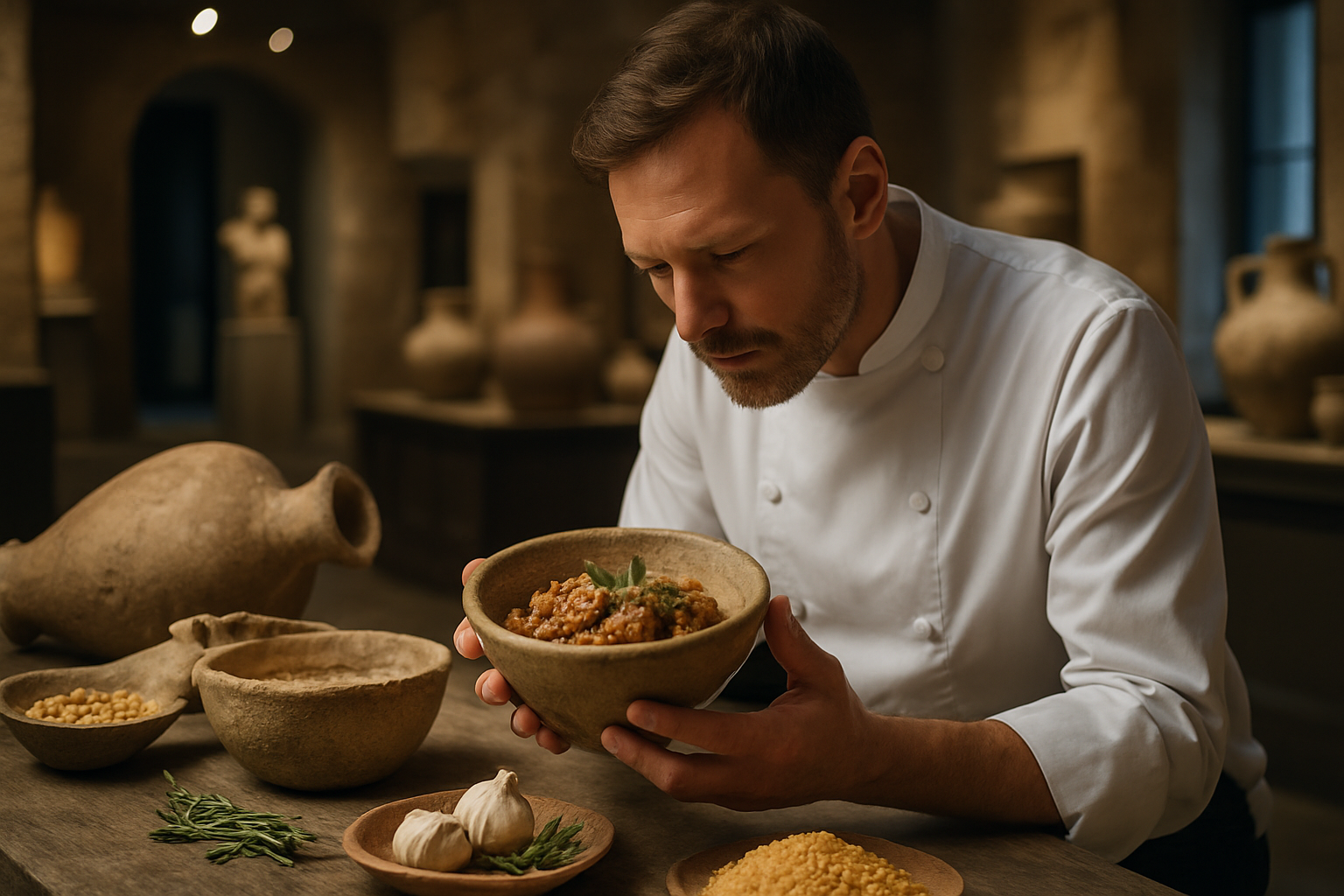Culinary Expeditions: Exploring the World Through Flavor-Focused Travel
The tantalizing aroma of spices wafting through a bustling market, the sizzle of street food on a griddle, the clinking of glasses filled with local libations – these are the sensory experiences that define culinary travel. As globetrotters increasingly seek authentic connections with destinations, food has emerged as the ultimate cultural ambassador. This gastronomic journey delves into the growing trend of flavor-focused expeditions, where every meal becomes a gateway to understanding local traditions, history, and way of life.

The concept of culinary tourism dates back to the early 2000s when food enthusiasts began seeking out destinations specifically for their gastronomic offerings. However, it has gained significant momentum in the past decade, fueled by social media, food-centric television shows, and an increasing global interest in diverse cuisines.
Beyond the Plate: Cultural Immersion Through Food
Culinary expeditions offer more than just delectable meals; they provide a window into the soul of a destination. By participating in cooking classes, market tours, and farm visits, travelers gain insights into local agricultural practices, traditional cooking methods, and the historical influences that have shaped regional cuisines.
These experiences often extend beyond the kitchen, encompassing visits to vineyards, cheese-making facilities, and artisanal food producers. Such encounters allow travelers to witness firsthand the passion and craftsmanship that go into creating local specialties, fostering a deeper appreciation for the culinary heritage of a region.
The Impact on Local Communities
The rise of culinary tourism has had a profound impact on local economies and communities. Small-scale food producers, family-run restaurants, and traditional markets have found new opportunities to showcase their offerings to an international audience. This influx of culinary-focused visitors has helped preserve traditional food practices and revitalize local food systems that might otherwise have been lost to modernization.
Moreover, culinary tourism has encouraged the development of food-centric events and festivals, creating new reasons for travelers to visit destinations during off-peak seasons. These events not only boost local economies but also serve as platforms for cultural exchange and community pride.
Sustainable Gastronomy: A New Focus
As awareness of environmental issues grows, culinary travelers are increasingly seeking out sustainable food experiences. This trend has led to a rise in farm-to-table dining, zero-waste restaurants, and culinary experiences that highlight indigenous ingredients and traditional preservation techniques.
Sustainable gastronomy goes beyond just eating locally sourced food. It encompasses supporting fair trade practices, promoting biodiversity, and minimizing food waste. Many culinary tours now include elements of sustainability education, teaching travelers about the environmental impact of their food choices and inspiring them to adopt more eco-friendly eating habits at home.
The Future of Flavor-Focused Travel
Looking ahead, the world of culinary tourism is poised for further innovation. Virtual reality food experiences, personalized genetic-based food tours, and hyper-local dining adventures are just a few of the trends on the horizon. As technology advances, travelers may soon be able to embark on multi-sensory culinary journeys that engage all five senses, creating even more immersive and memorable experiences.
The future also holds promise for more inclusive culinary tourism, with a growing focus on diverse cuisines, dietary restrictions, and cultural sensitivities. This evolution will open up new possibilities for travelers to explore global flavors while respecting individual needs and preferences.
Savor the Journey: Essential Tips for Culinary Explorers
• Research local dining etiquette to avoid cultural faux pas
• Seek out cooking classes taught by local chefs or families
• Visit markets early in the morning for the freshest produce and authentic atmosphere
• Learn a few key food-related phrases in the local language
• Be open to trying unfamiliar dishes – they often hold the key to understanding local culture
• Participate in food festivals to experience a wide variety of regional specialties
• Consider food tours led by local experts for insider knowledge and hidden gems
• Document your culinary adventures through photos or a food journal
• Pack digestive aids and any necessary medications for potential food-related issues
• Balance fine dining experiences with street food adventures for a comprehensive taste of local cuisine
As the world becomes increasingly interconnected, culinary expeditions offer a unique way to celebrate diversity and foster cross-cultural understanding. By exploring destinations through their flavors, aromas, and culinary traditions, travelers gain not just memorable meals, but also lasting insights into the heart and soul of a place. Whether savoring street food in bustling Asian markets or indulging in farm-to-table feasts in the European countryside, culinary tourism promises a feast for the senses and a journey of discovery that extends far beyond the dinner plate.





